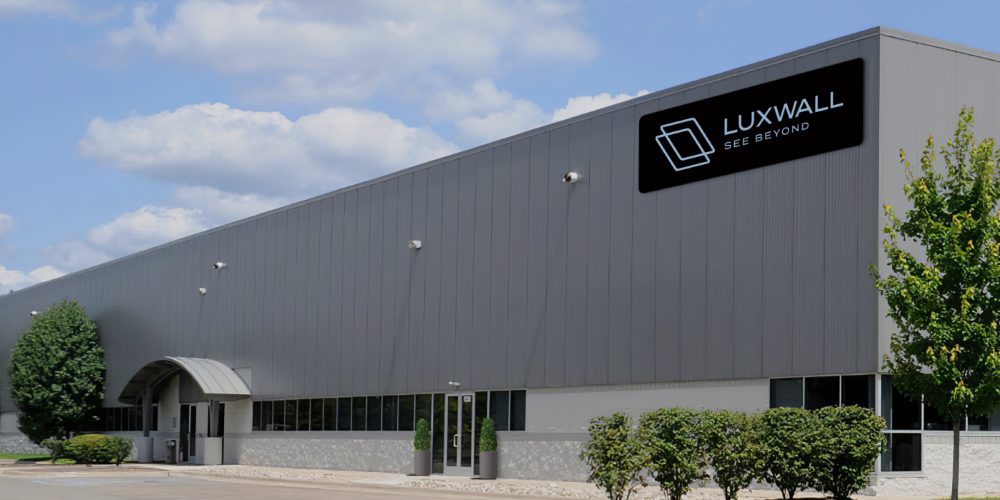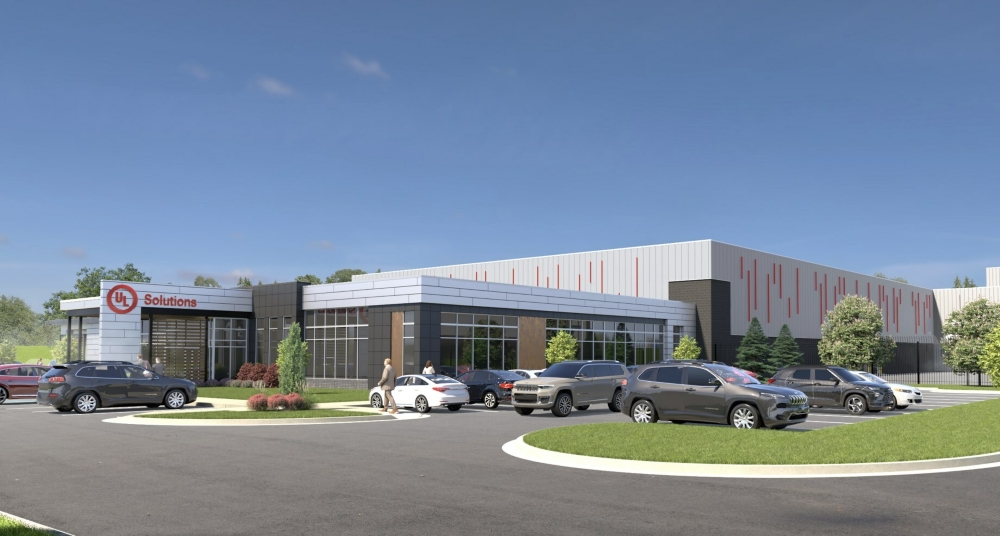Innovations Revolutionizing the Energy Industry
As the world races toward a more sustainable future, Michigan is emerging as a key player in the green technology revolution. As a manufacturing and automotive industry leader, the state is rapidly transforming into a hub for cutting-edge advancements in clean energy, battery technology, hydrogen fuel, and sustainable materials.
The groundbreaking innovations emerging from Michigan are reshaping the future of energy, mobility, and industrial sustainability. From ultra-efficient glass that reduces building emissions to next-generation battery recycling facilities that extend the life cycle of electric vehicles (EVs), Michigan’s impact spans multiple sectors, driving real change in how industries operate.
Let’s take a closer look at the companies leading the way, pioneering technologies that are not only transforming the clean energy sector but making a remarkable impact on Michigan’s economy, sustainability goals, and the industries of tomorrow.
UL Solutions
The State of Michigan has long been synonymous with automotive innovation, from the days of the assembly line to the cutting-edge EVs of today. As the industry pivots its practices to a greener approach, companies like UL Solutions are playing a pivotal role.
UL Solutions is a global leader in applied safety science, providing testing, inspection, and certification services across various industries. With a focus on ensuring the safety, reliability, and performance of products, UL Solutions is at the forefront of industries transitioning to cleaner, more sustainable technologies. Their work spans from EVs to energy storage systems, helping manufacturers meet rigorous safety standards as they develop new technologies.
In line with its commitment to the evolving clean energy landscape, UL Solutions opened its North America Advanced Battery Laboratory in Auburn Hills, Michigan. This $104 million investment marks the company’s largest laboratory expansion to date.
Backed by the support of a $1.5 million Michigan Strategic Fund grant, this lab is set to help many battery manufacturers increase the safety and reliability of their products. The facility will support a wide range of tests, including thermal fire propagation, mechanical abuse, and environmental assessments.
“The electrification of everything relies on battery innovation, impacting many industries and elevating the need for safety and performance across the energy transition spectrum,” said Jennifer Scanlon, president and CEO of UL Solutions, in August 2024. “This is where we step in. Our North America Advanced Battery Laboratory demonstrates our commitment to supporting the safer commercialization of new battery innovations that play a vital role in the world’s energy transition.”
This new laboratory, located in the Auburn Hills Oakland Technology Park complex near Detroit, places UL Solutions at the heart of Michigan’s automotive and clean energy ecosystem. Being so close to Detroit, a city known as the automotive capital of the world, positions UL Solutions in a prime location to connect with a diverse clientele, especially those affiliated with the rapidly growing EV market.
LuxWall, Inc.
When LuxWall, Inc. opened the doors to its state-of-the-art production facility in Litchfield on August 12, 2024, it wasn’t just another factory opening — it was a significant leap forward in the clean energy movement. The world’s first high-volume vacuum-insulating glass production facility is already making waves.

Image courtesy of LuxWall
Founded in 2016 in Ypsilanti, a suburb of Ann Arbor, LuxWall’s mission has always been clear: to push the boundaries of energy efficiency through innovative materials. But the decision to expand in Michigan was about more than just business — it was about honoring its roots. Despite competitive offers from neighboring states, LuxWall chose Michigan, a place that not only fosters its growth but remains steadfast in cultivating an equally pro-business and suitable environment.
The Litchfield facility, with its 87 workers, is already producing cutting-edge, energy-efficient windows designed to help buildings reduce heating and cooling costs while minimizing their carbon footprint. This $20 million investment represents the first phase of a much larger vision that will see 450 new jobs created across Michigan as part of a broader $165 million investment. The company already has plans to evaluate Detroit for a second facility that will triple production capacity.
This project is supported by $6 million in state grants and over $31 million in federal funding, underscoring the importance of this venture not only to LuxWall but to the State of Michigan and its growing green tech economy.
Robert Bosch, LLC
Robert Bosch, LLC, a part of the Bosch Group, has a long history of developing advanced solutions across a variety of industries, including mobility solutions, industrial technology, consumer goods, and energy and building technology.
“Our work at the Farmington Hills location underscores our commitment to advancing hydrogen technology, enabling us to deliver innovative solutions that support our customers’ needs and drive progress toward the hydrogen economy.”
— Matt Thorington, engineering manager of hydrogen stacks and systems, Bosch USA
Recently, Bosch has turned its focus to the emerging clean energy sector, investing $13.7 million to expand its Farmington Hills headquarters with a cutting-edge Regional Hydrogen Research and Development Hub. Backed by a $500,000 performance-based grant through the Michigan Business Development Program (MBDP), Bosch plans to upgrade and restructure 2,200 sq. ft. of existing space dedicated to driving advancements in hydrogen technologies, including Bosch’s Proton Exchange Membrane (PEM) fuel cell power module, a highly integrated and compact system solution for fuel cell-electric commercial vehicles. The new hub will include facilities to test hydrogen fuel cells and hydrogen combustion engines, as well as produce onsite hydrogen via water electrolysis.
While Bosch operates in over 100 locations across North America, the decision to expand in Farmington Hills was influenced by several factors unique to Michigan. Matt Thorington, engineering manager of hydrogen stacks and systems at Bosch USA, emphasizes the state’s ongoing commitment to hydrogen development, including its involvement in the Midwest Alliance for Clean Hydrogen (MachH2), as a contributing component.
This regional initiative supports the development of clean hydrogen technologies and fosters collaboration to build a sustainable hydrogen economy — an effort that resonates deeply with Bosch’s own goals.
“Hydrogen will play a role in a diversified mix of powertrain options in the future,” says Thorington. “Our work at the Farmington Hills location underscores our commitment to advancing hydrogen technology, enabling us to deliver innovative solutions that support our customers’ needs and drive progress toward the hydrogen economy. We have a strong team developing here and by locating our knowledge close to our existing powertrain expertise, we benefit from the broad system knowledge that Bosch has when it comes to powertrain. Having a site where the completion of this hydrogen cycle is possible is key to taking advantage of the entire ecosystem from production to offtake.”
With companies like UL Solutions, LuxWall, and Bosch leading the charge, Michigan isn’t just adapting to a clean energy future — it’s helping define it.

